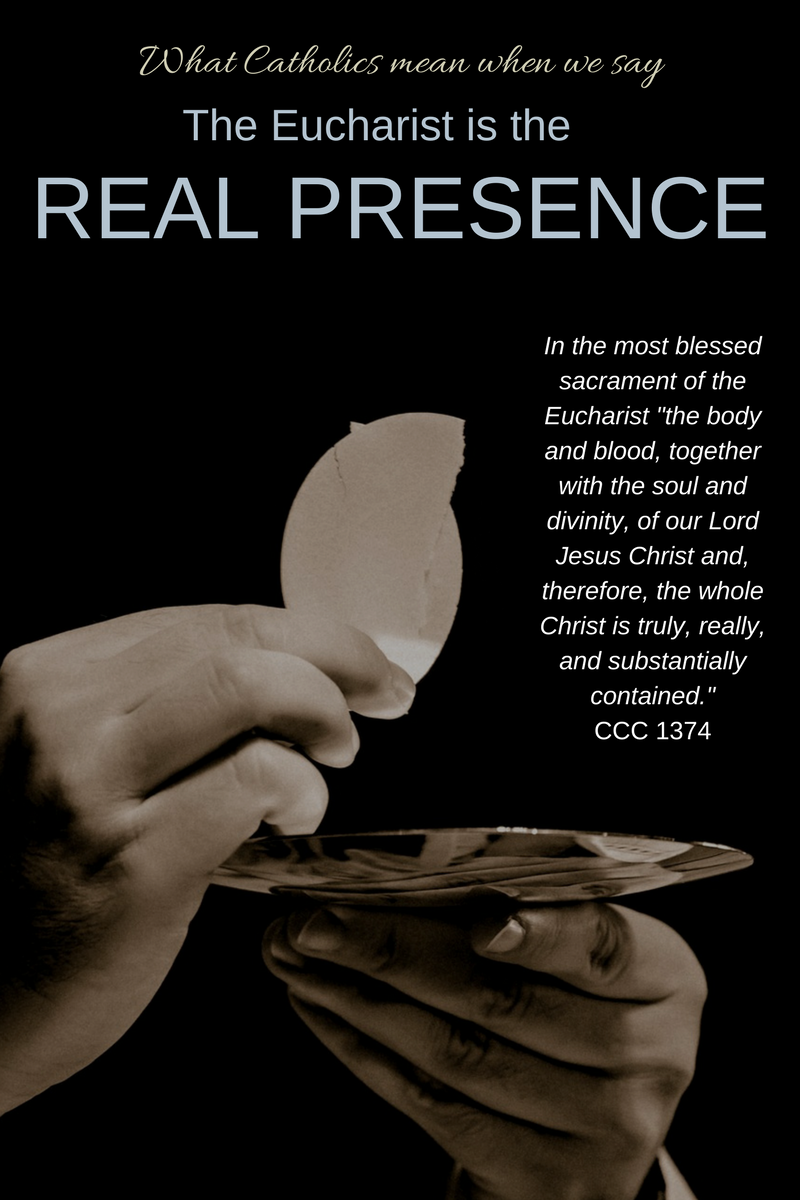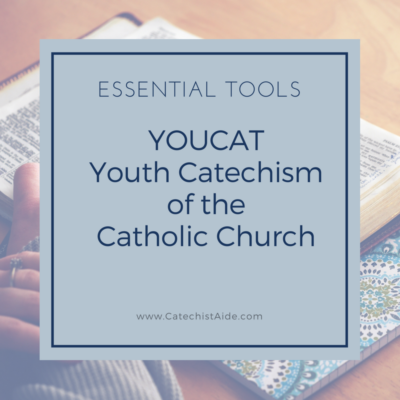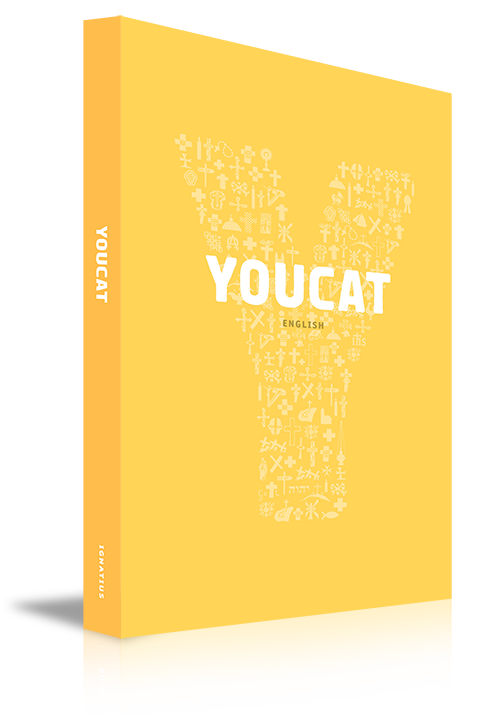It’s here already! Catechists are getting ready to start a new school year of Religious Education, and that means breaking out the icebreaker games.
Most first classes typically involve some kind of icebreaker activity to help the students get to know one another. A lot of these activities involve the student sharing personal information with the class, which can present a challenge for many middle school students who are self-conscious and may be reluctant to share sensitive or personal information with a new group of people.
Still, it’s important for the students to begin to build relationships with their classmates, and we typically start by learning each others’ names.
The following game, is an easy no-pressure activity, that you may want to try with your students.
Names in Motion
After explaining the rules to everyone, have all the students stand in a circle. One person is selected to start (or even better, the Catechist can lead off). He or she walks into the middle of the circle and states his or her name and then makes a gesture, such as
- Clapping your hands twice
- Snapping your fingers
- Flipping your hair
- Giving a “thumbs up” sign
- Rubbing your belly
- Bowing
- Doing the “Thinker” pose
Countdown 1 … 2 … 3 and then everyone in the circle repeats the person’s name and the gesture. If the group is not too large, you may wish to go around the circle with each person repeating the name and performing the gesture.
The person standing in the middle returns to the circle, and then the Catechist can tap the next person to move to the center and state his/her name and perform a gesture. Rinse/repeat until everyone has introduced themselves.
© 2017 Catechist’s Aide







